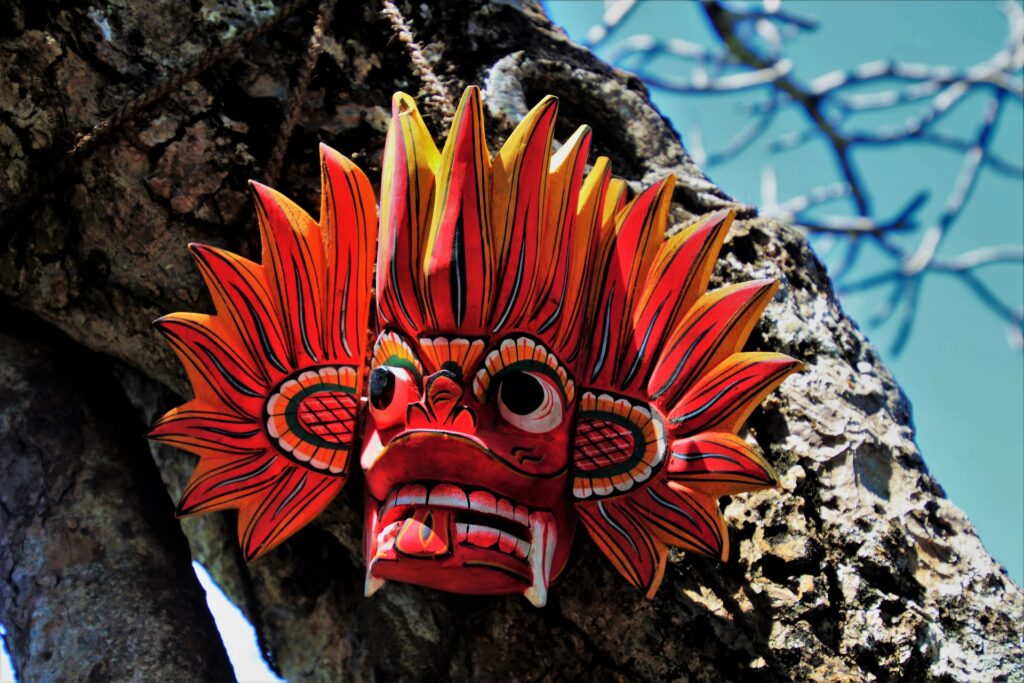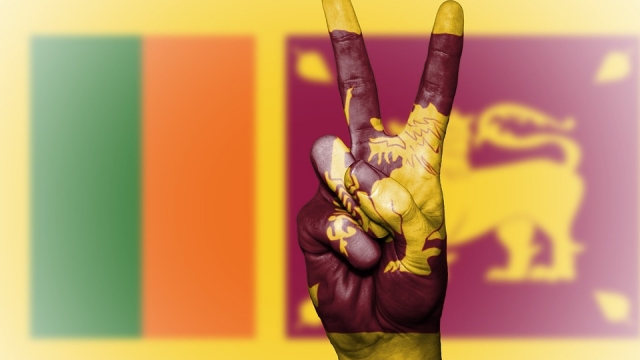Sri Lanka, a small island nation located off the southern coast of India, celebrates Independence Day on February 4th each year. This day marks the country’s independence from British colonial rule in 1948. The celebration of Independence Day is an important event for the people of Sri Lanka as it recognizes their nation’s hard-fought freedom and marks the beginning of a new era in the country’s history.
“Sri Lanka Independence Day”

Independence Day is celebrated with great enthusiasm and pride throughout Sri Lanka. The streets are decorated with national flags and banners, and people gather to participate in parades, speeches, and other patriotic events. Schools and government offices hold special ceremonies, while private organizations and businesses also take part in the celebrations.
One of the most significant events that take place on Independence Day is the raising of the national flag. This ceremony takes place at the Independence Memorial Hall in Colombo, the capital city of Sri Lanka. The flag is raised by the President of Sri Lanka, who then delivers a speech to the nation. This speech is broadcast live on national television and radio, and is widely listened to by people all over the country.

In addition to the flag raising ceremony, Independence Day is also marked by cultural and sports events. Many communities organize cultural shows and competitions, such as traditional dances, music performances and drama competitions, to showcase Sri Lanka’s rich cultural heritage. The day is also celebrated with sports events, such as cricket and football matches, to promote national unity and encourage healthy competition among the people.
Another important aspect of Independence Day celebrations is the emphasis on national unity. The day is a reminder of the importance of coming together as a nation, regardless of differences in ethnicity, religion or language. As the President of Sri Lanka Maithripala Sirisena said in his Independence Day speech in 2016, “Independence Day is not only a day to remember our past, but also a day to look forward to a brighter future for our country, united as one nation.”
Independence Day is also an opportunity for Sri Lanka to reflect on its past struggles and achievements, as well as its current challenges and opportunities. The country has come a long way since 1948, but there is still much work to be done to ensure a better future for all Sri Lankans. As the former Prime Minister of Sri Lanka, Ranil Wickremesinghe said in his Independence Day speech in 2018, “We must continue to strive for a prosperous and peaceful Sri Lanka, where every citizen has equal opportunities to succeed.”
FAQs
- Q: When is Sri Lanka’s Independence Day?
- A: Sri Lanka celebrates Independence Day on February 4th each year.
- Q: How does Sri Lanka celebrate Independence Day?
- A: Independence Day is celebrated with great enthusiasm and pride throughout Sri Lanka. The streets are decorated with national flags and banners, and people gather to participate in parades, speeches, and other patriotic events. Schools and government offices hold special ceremonies, while private organizations and businesses also take part in the celebrations.
- Q: What is the significance of raising the national flag on Independence Day?
- A: The raising of the national flag is one of the most significant events that take place on Independence Day. The ceremony takes place at the Independence Memorial Hall in Colombo and is led by the President of Sri Lanka. The flag raising ceremony symbolizes the country’s freedom and marks the beginning of a new era in Sri Lanka’s history.
- Q: What is the importance of national unity on Independence Day?
- A: Independence Day is an opportunity for Sri Lanka to reflect on its past struggles and achievements, as well as its current challenges and opportunities. The day is a reminder of the importance of coming together as a nation, regardless of differences in ethnicity.

